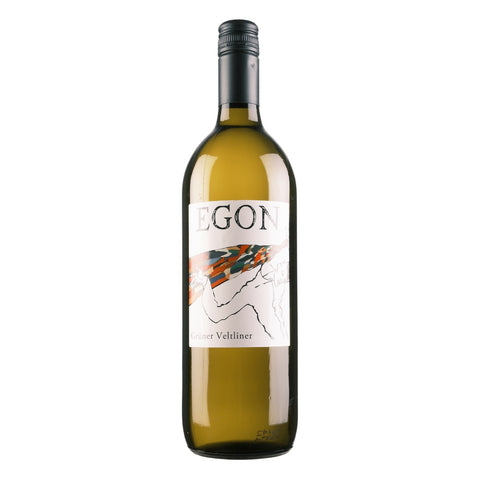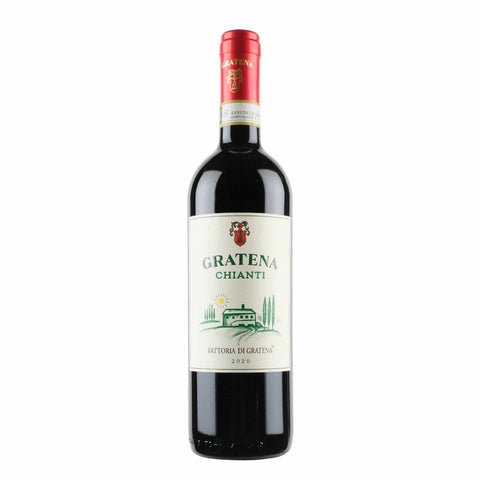Vegan wine has gained significant traction in recent years, driven by the growing number of consumers adopting plant-based diets and those seeking to align their consumption habits with their ethical beliefs. Despite wine being made primarily from grapes, not all wines are vegan. The winemaking process often involves animal-derived products, particularly in the clarification and stabilization stages, making some wines unsuitable for those following a vegan lifestyle.
The fining process is A critical factor in determining whether a wine is vegan. Fining is a winemaking technique that clarifies and stabilizes the wine by removing suspended particles such as proteins, yeast, and other organic compounds that can cause cloudiness or unwanted flavors. Traditional fining agents are often animal-based, including:
Albumin: Sourced from egg whites, commonly used in red wine fining.
Casein: A milk-derived protein often used in white wines to remove phenolic compounds.
Gelatin: Made from animal bones and connective tissues, used to soften tannins in red wines.
Isinglass: Derived from fish bladders, it was historically used to clarify and brighten white wine and beer.
These fining agents work by binding to the particles in the wine, allowing them to be removed more easily. However, the use of such products does not make the wine vegan, as traces of these agents can remain in the final product.
Vegan Alternatives to Traditional Fining Agents
Winemakers have turned to plant-based or mineral fining agents to produce vegan-friendly wines. These alternatives offer similar clarifying effects without the ethical concerns associated with animal products. Common vegan fining agents include:
Bentonite: A natural clay that is highly effective in clarifying wine and is particularly useful in removing proteins.
Activated Charcoal: Employed to remove off-flavors and odors, providing a cleaner taste.
Pea Protein: This plant-based protein has gained popularity as an effective and sustainable fining agent.
In addition to these alternatives, some winemakers skip the fining process, allowing the wine to self-stabilize and clarify naturally over time. These wines are often labeled as "unfined and unfiltered," appealing to vegans and those who prefer minimal intervention in winemaking.
Identifying vegan wines can be challenging, as wine labels in many regions do not legally require disclosing the fining agents used. However, there are several strategies consumers can use to find vegan wines:
Label Indicators: Some wines are explicitly labeled as "vegan" or "suitable for vegans," making it easy to identify them at a glance.
Producer Transparency: Many wineries provide detailed information about their winemaking practices on their websites or are responsive to direct inquiries about whether their wines are vegan-friendly.
Vegan Certifications: Some wines carry certifications from recognized vegan organizations, which can provide additional assurance for consumers.
Curated Vegan Wine Lists: Numerous online retailers and shops specialize in vegan wines and offer curated selections for this market.
As the demand for vegan products continues to rise, more winemakers are adopting plant-based fining methods and clearly labeling their wines as vegan. Ethical considerations and a broader consumer interest in sustainability and natural winemaking practices drive this trend. The availability of vegan wines is expanding, with options now ranging across various styles, from light and crisp whites to full-bodied reds and sparkling wines.


